PI3K/Akt/mTOR Signaling
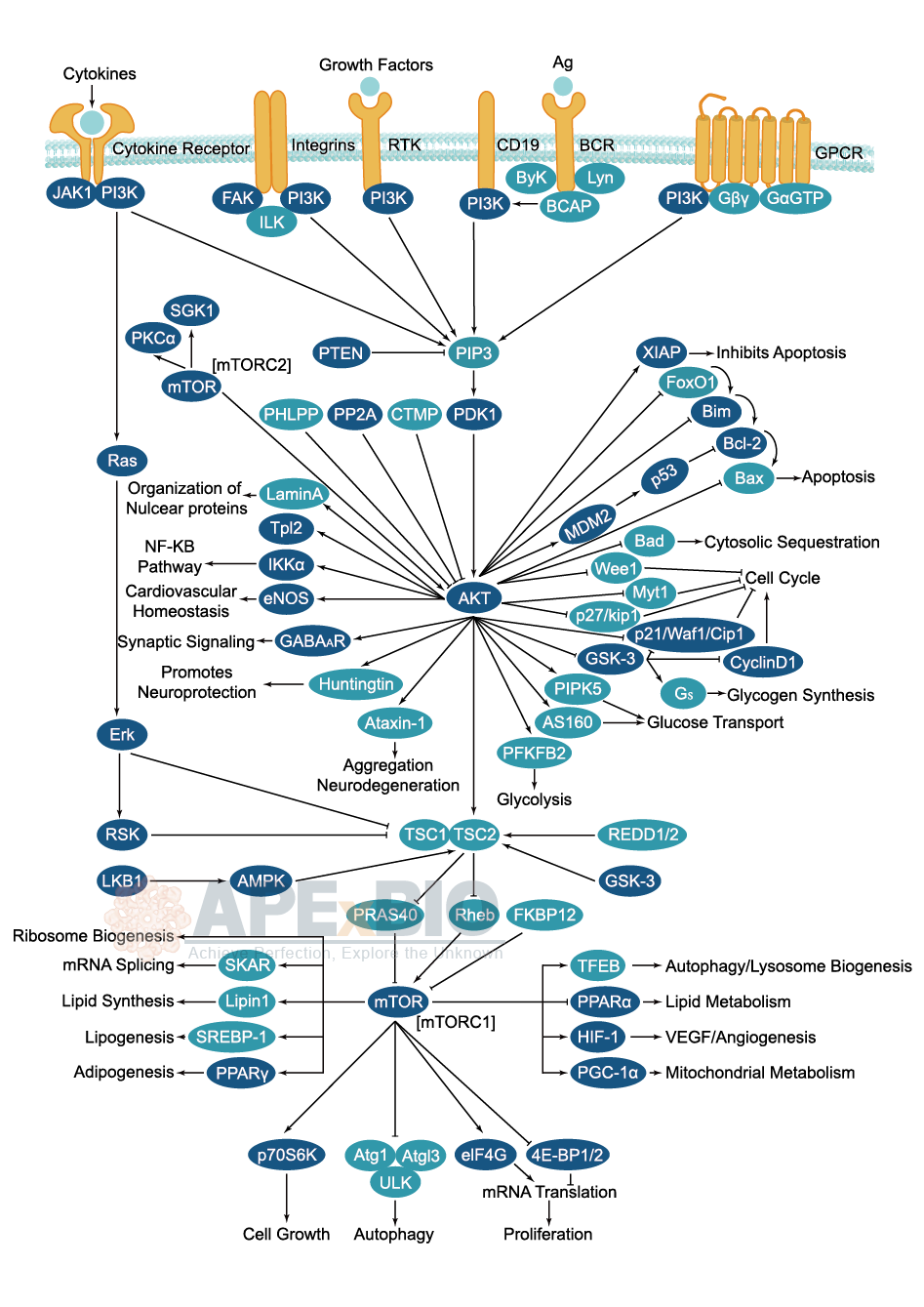

The PI3K/Akt/mTOR signaling pathway is a key regulator in growth, survival, cell cycle proliferation, protein synthesis and glucose metabolism. Growth factors, hormones, and cytokines can activate this pathway by binding their cognate receptor tyrosine kinase (RTK), cytokine receptor, or GPCR, resulting in the activation of lipid kinase PI3K which produces PIP3 at the plasma membrane.
The binding of PIP3 translocates Akt to cell membranes, enables Akt activation through phosphorylation at Thr308 mediated by phosphoinositide dependent kinase 1 (PDK1). In addition, Akt is phosphorylated at Ser473 by the mTOR-rictor complex, mTORC2. PTEN is a negative regulator of Akt signaling that reverses the function of PI3K by removing 3’-phosphate groups. Akt activity is also negatively regulated by the phosphatases PP2A and PHLPP. Akt propagates its signal to affect DNA transcription, cell cycle and apoptosis. Akt can activate mTOR directly by phosphorylation or indirectly, by phosphorylation and inactivation of mTOR inhibitor TSC2 and PRAS40. Together these mechanisms stimulate cell growth and G1 cell cycle progression through signaling via p70 S6 Kinase and inhibition of 4E-BP1. Defects in PI3K/AKT/mTOR signaling are implicated in cancer, diabetes and cardiovascular disease etc.
-
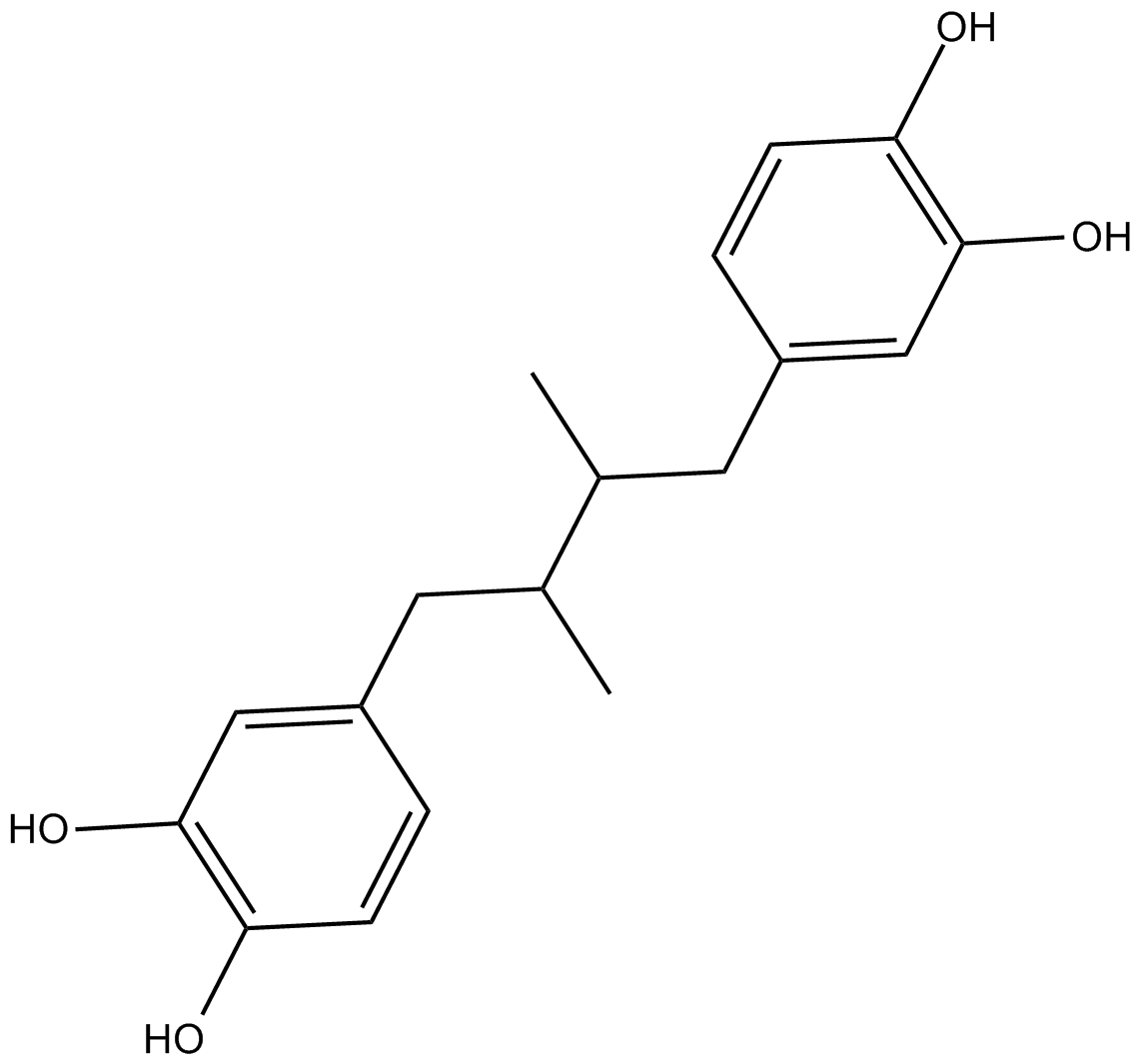 A3664 Nordihydroguaiaretic acidSummary: Anti-tumor agent;lipoxygenase inhibitor
A3664 Nordihydroguaiaretic acidSummary: Anti-tumor agent;lipoxygenase inhibitor -
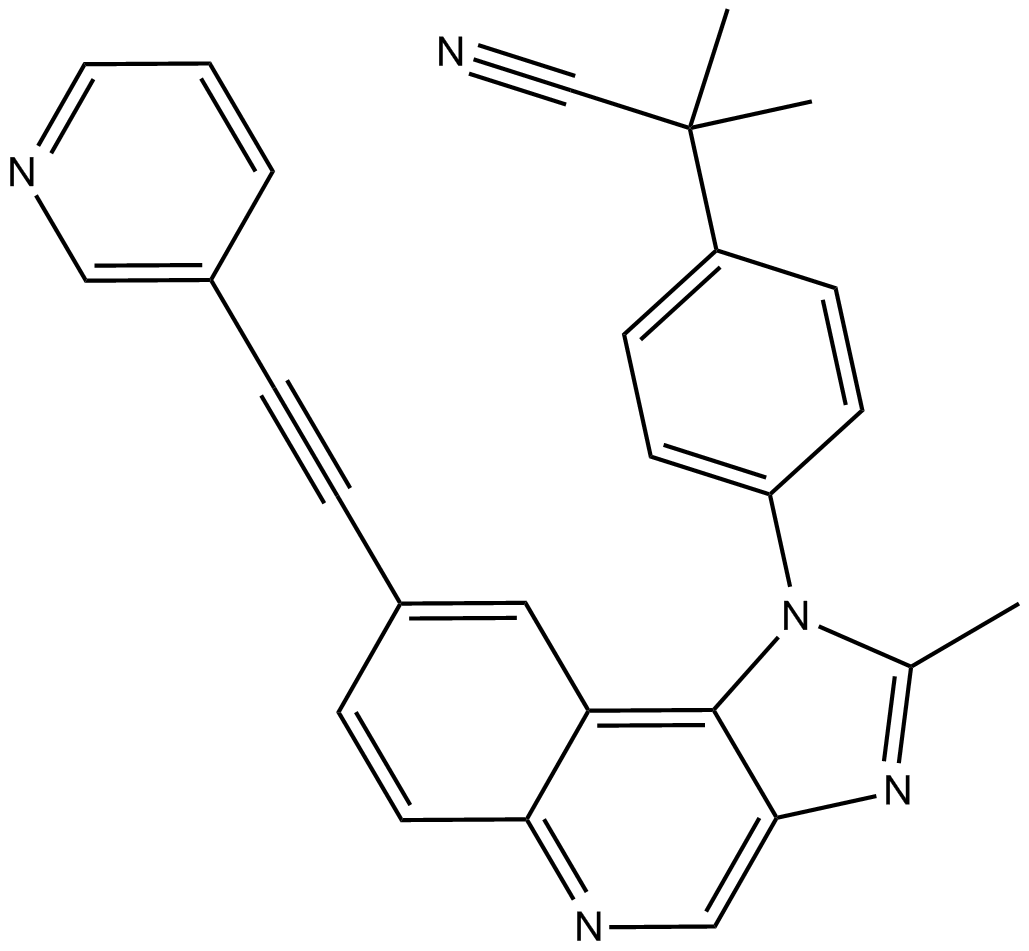 A3672 NVP-BAG956Summary: PI3K and PDK1 inhibitor
A3672 NVP-BAG956Summary: PI3K and PDK1 inhibitor -
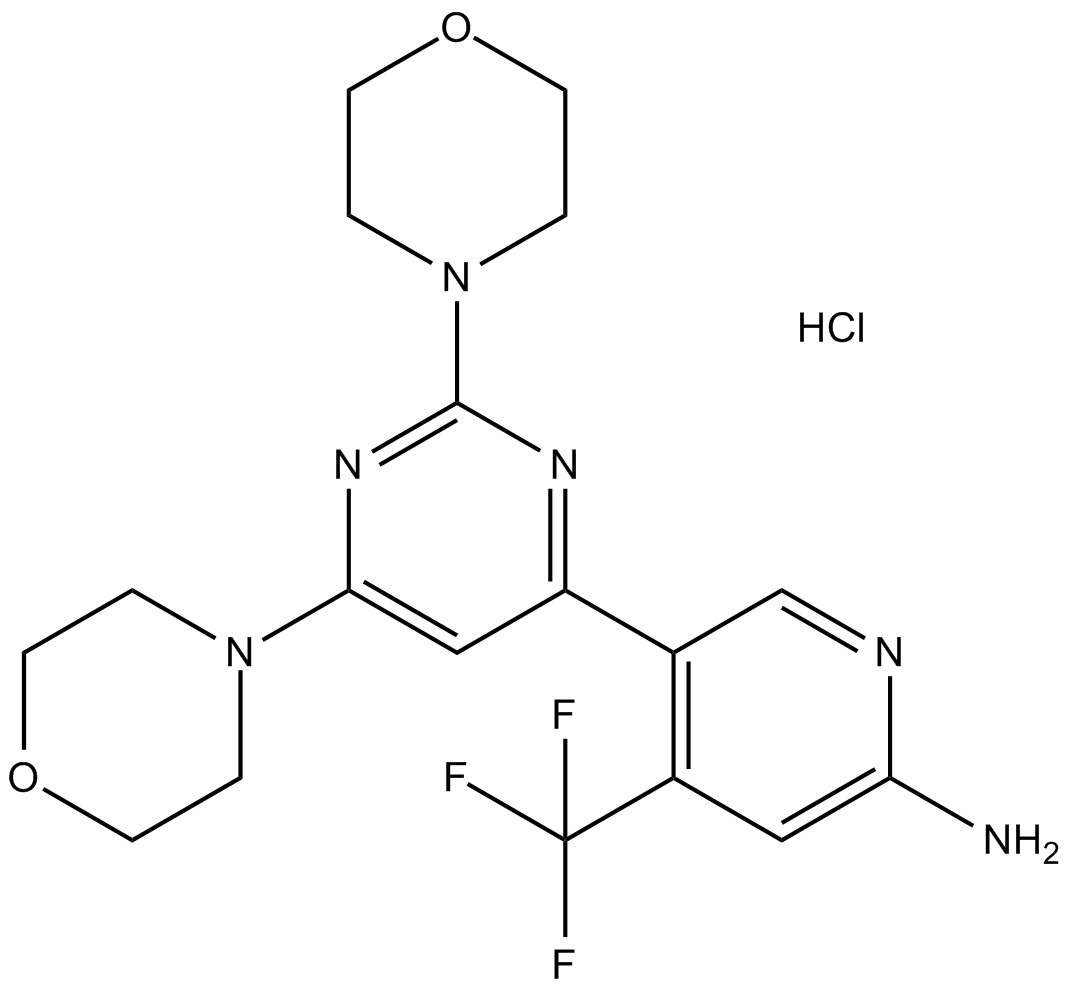 A3674 NVP-BKM120 HydrochlorideSummary: PI3K inhibitor
A3674 NVP-BKM120 HydrochlorideSummary: PI3K inhibitor -
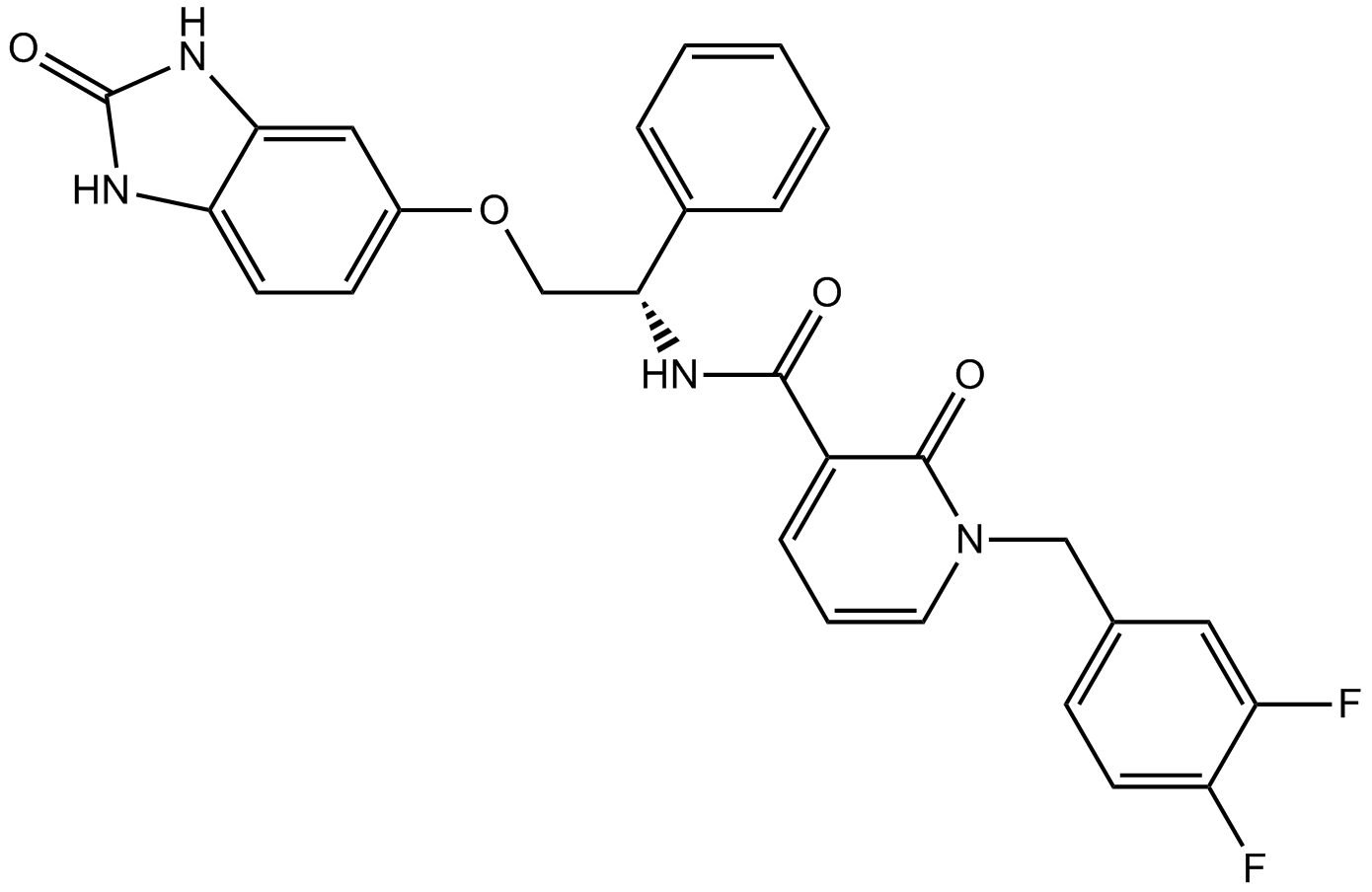 A3706 PDK1 inhibitorSummary: PDK1 inhibitor
A3706 PDK1 inhibitorSummary: PDK1 inhibitor -
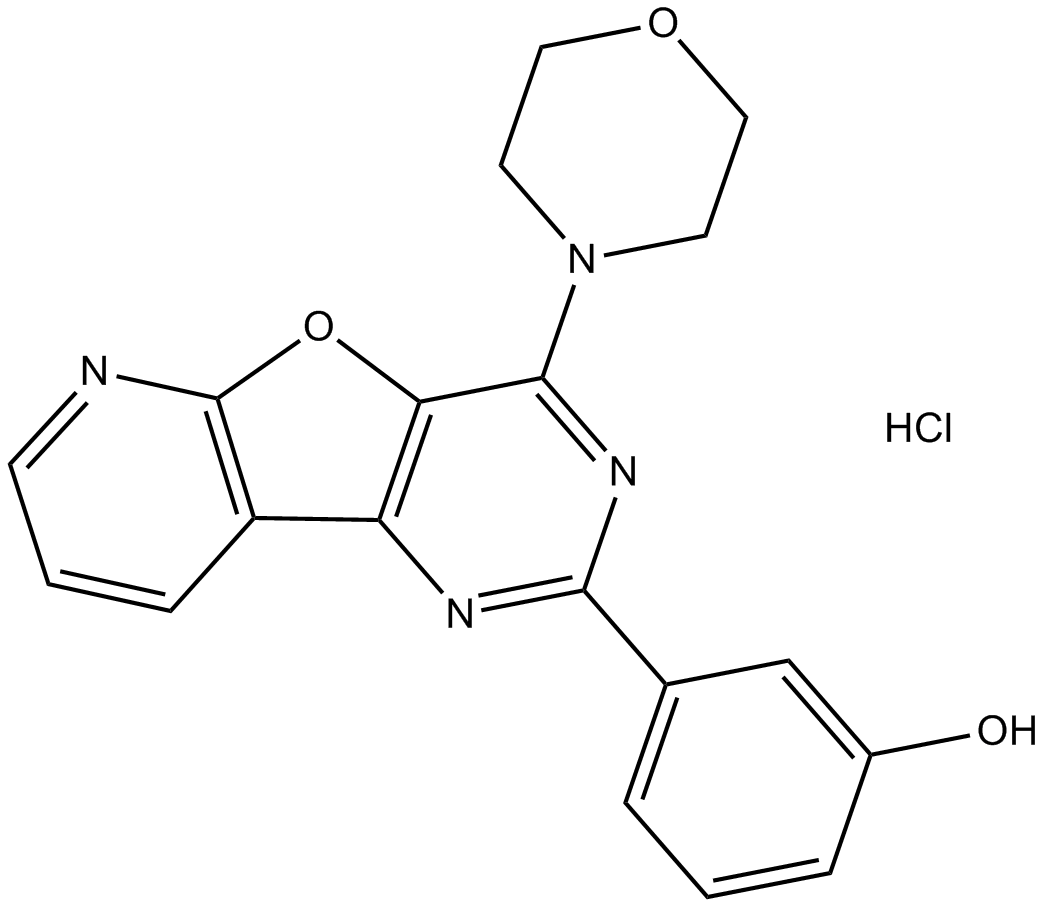 A3724 PI-103 Hydrochloride1 CitationTarget: PI3K|mTOR|DNA-PKSummary: DNA-PK/PI 3-kinase/mTOR inhibitor
A3724 PI-103 Hydrochloride1 CitationTarget: PI3K|mTOR|DNA-PKSummary: DNA-PK/PI 3-kinase/mTOR inhibitor -
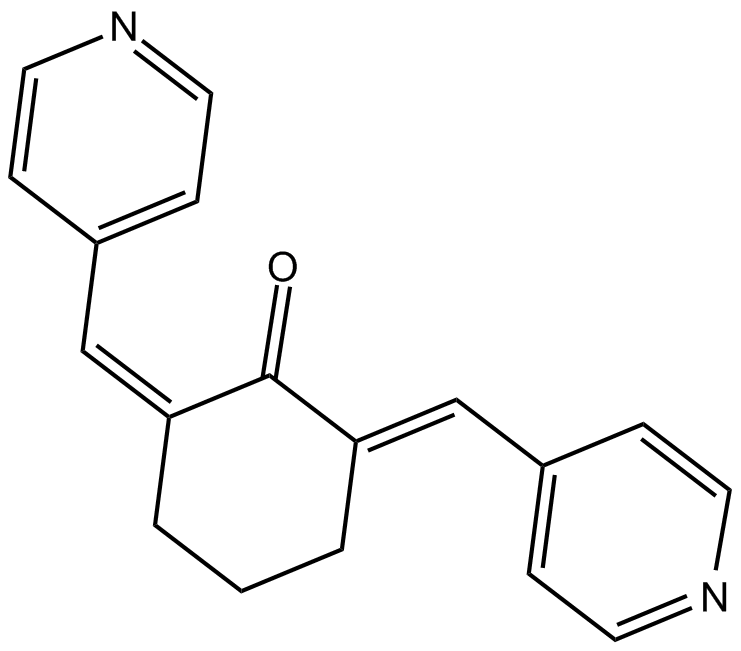 B5575 SC 66Summary: Akt inhibitor
B5575 SC 66Summary: Akt inhibitor -
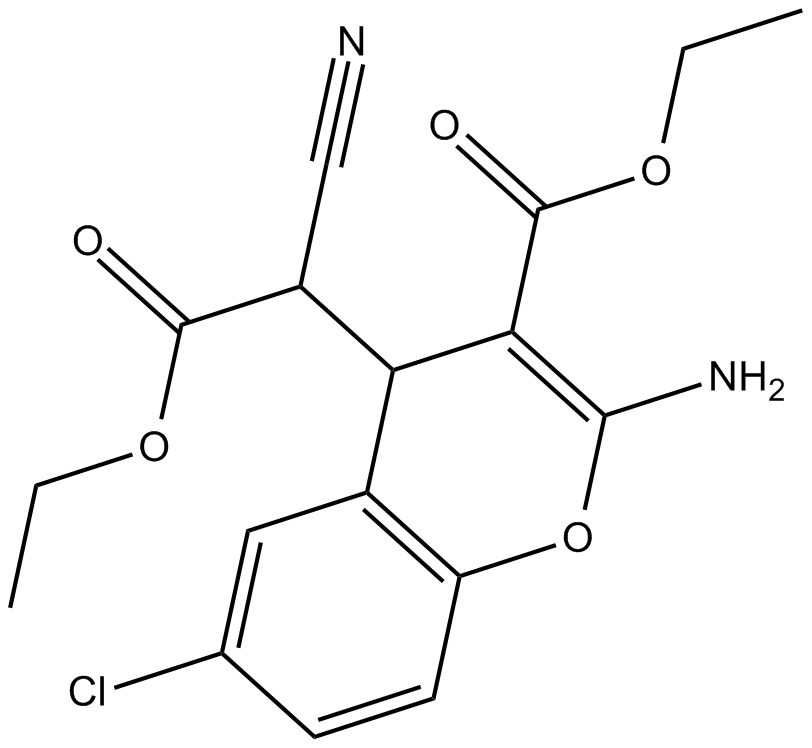 B5663 SC 7913 CitationSummary: Akt activator
B5663 SC 7913 CitationSummary: Akt activator -
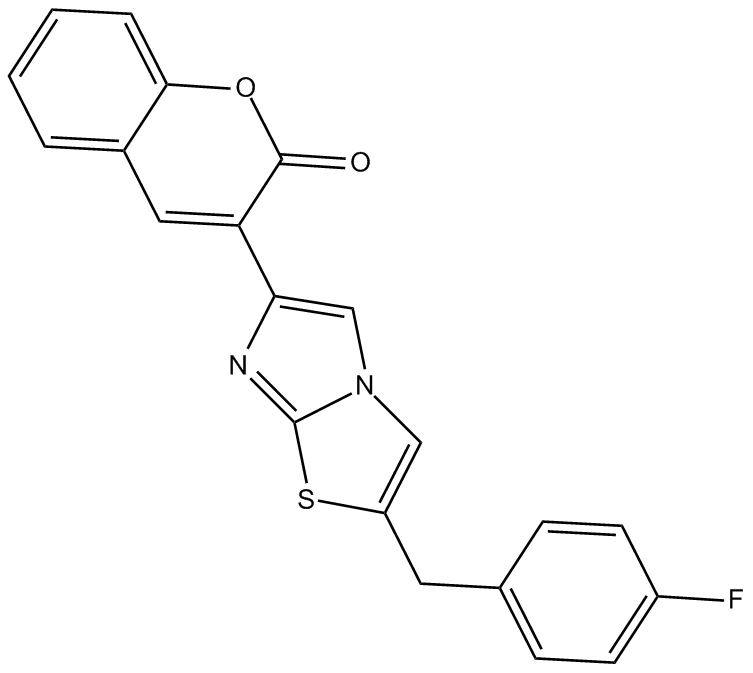 B5809 iMDKSummary: PI3K and endogenous midkine (MDK) expression inhibitor
B5809 iMDKSummary: PI3K and endogenous midkine (MDK) expression inhibitor -
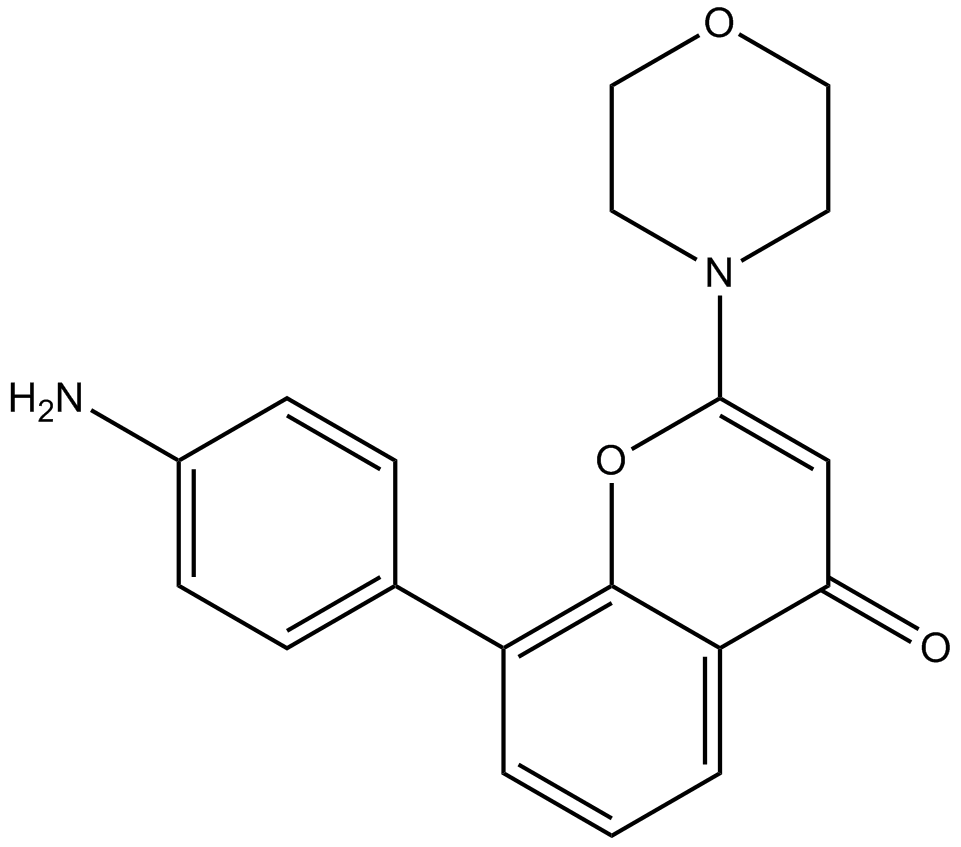 B7198 PI 828Summary: PI 3-Kinase inhibitor
B7198 PI 828Summary: PI 3-Kinase inhibitor -
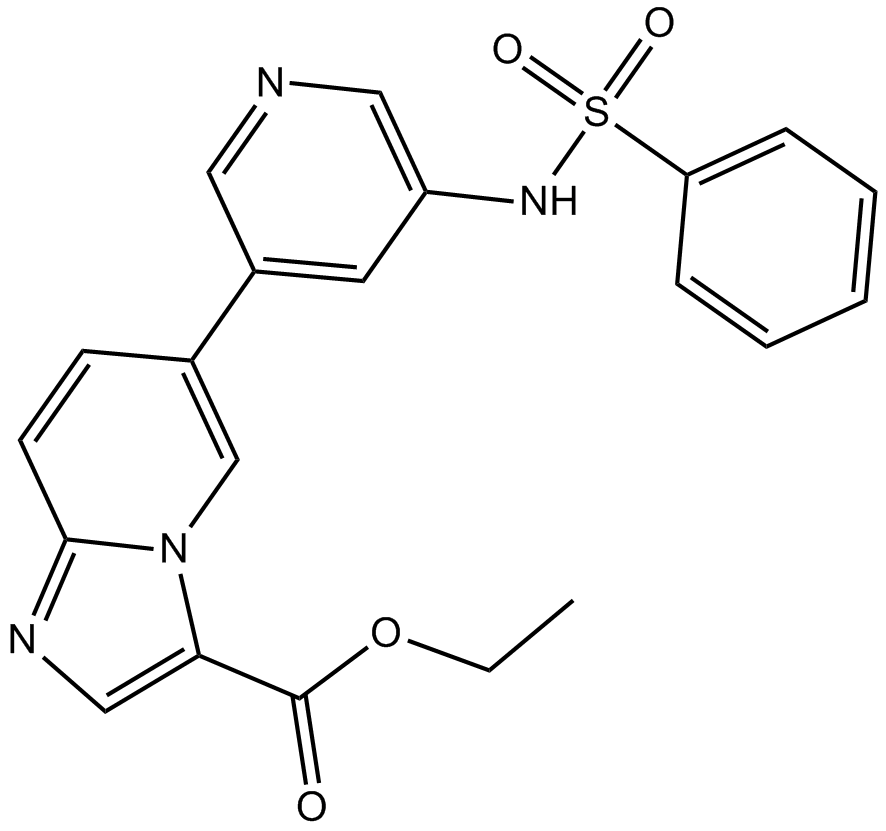 B4492 HS-173Target: PI3KSummary: novel PI3K inhibitor
B4492 HS-173Target: PI3KSummary: novel PI3K inhibitor


